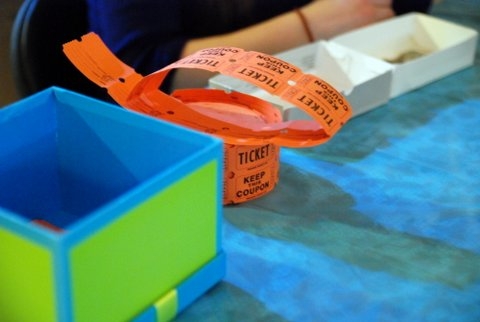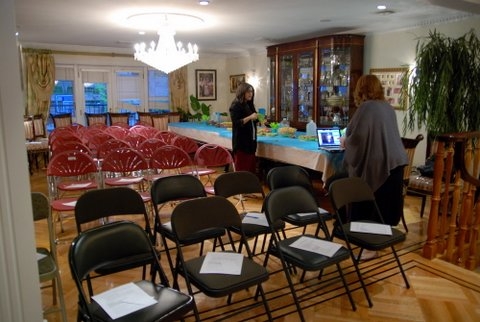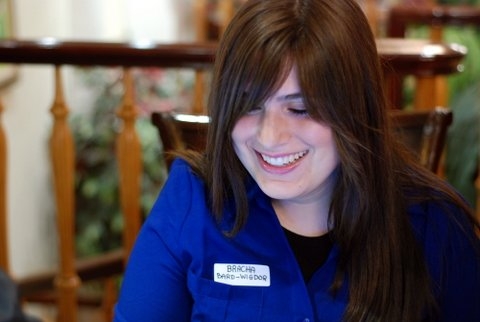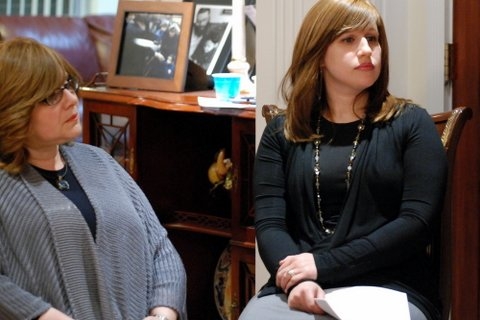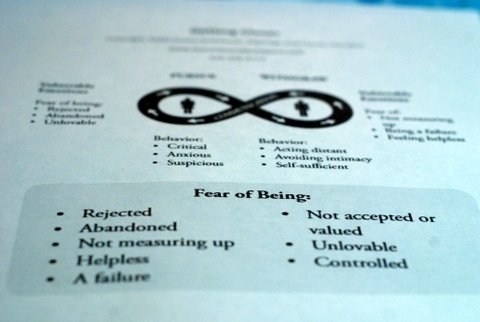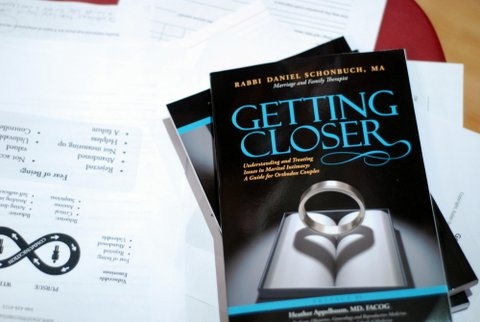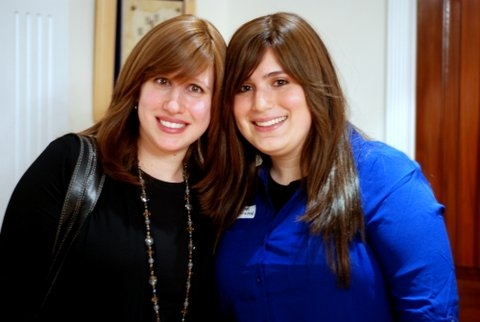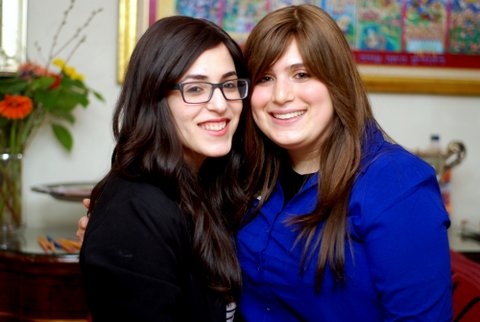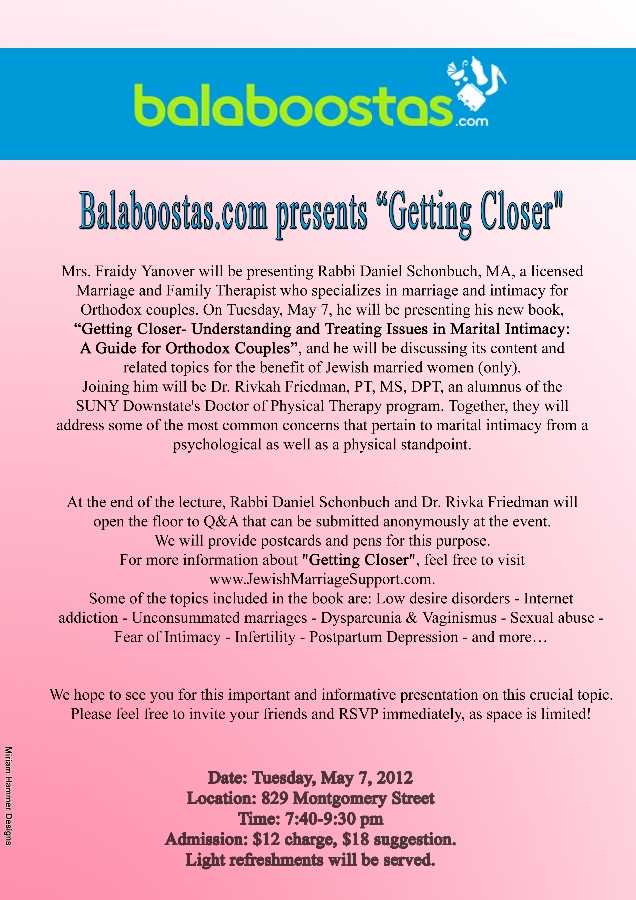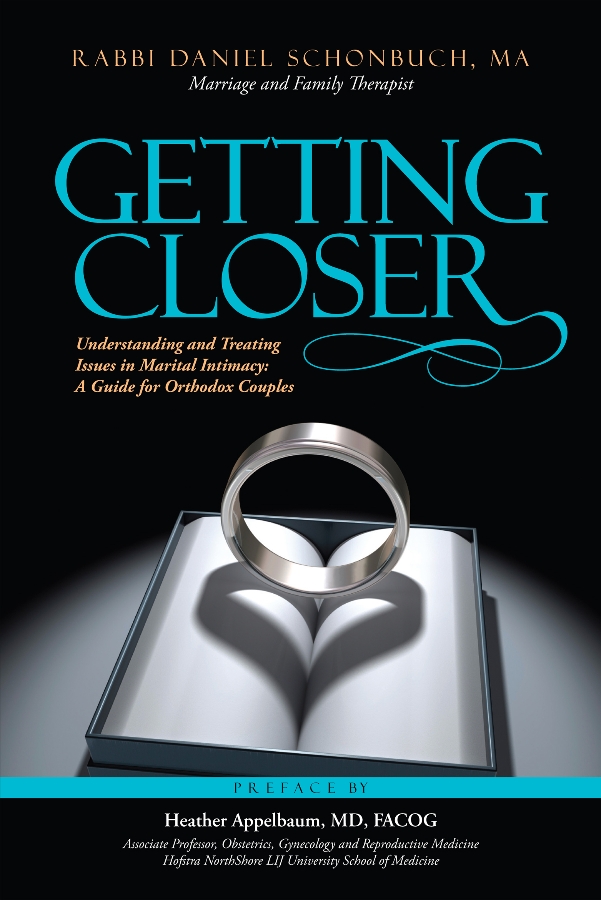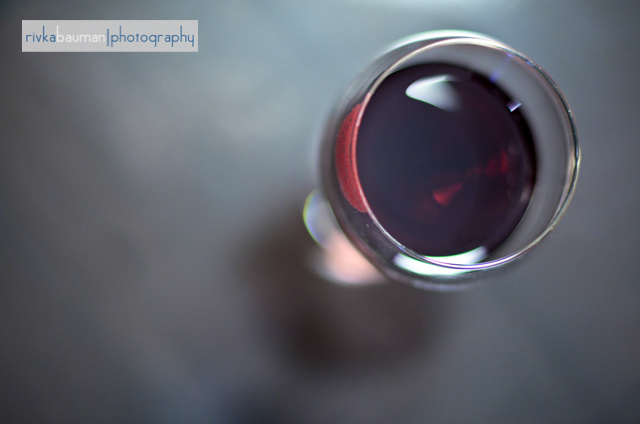Clarification: the person in this photo is not the author of this article.
Abuse, lies, threats and a cover up exposed.
I call it my story, but it is not really my story to tell. But it has become a part of me, it is part of my life; in fact it is taking over my life.
My husband was raped.
I can say it over and over again. Yet each time it almost doesn’t even sink in.
Thirteen years ago, when my husband was 14 years old, he was raped. He was a young Chassidish boy, who came from a family that never quite fit in however hard they tried. His parents divorced when he was 2, and he suffered for years as a result of that. At the age of 9, a judge made him decide. Mommy or daddy? Yes I repeat, mommy or daddy, “who do you want to live with?” the judge sweetly asked him.
My husband chose daddy, because mommy was no longer frum, stable, nor lived in the community, and daddy said he could still see mommy and he would let her come and visit. Mommy promised she would. But she never did.
After those events, it is safe to say that my husband was emotionally scarred for life. His behaviour or lack of, and education suffered tremendously. His lack of cooperation and willingness to be a part of his new family, with daddy, Ima and his half brothers and sisters tore the family apart. And at the grand age of 12 years old, it was decided that my husband would leave school and officially, he would be home-schooled, but primarily he would get a job to keep busy.
A young and innocent Chasidish boy, with his bekesher and long payos, and who davened in the local Chasidish shtieble each week, was about to embark on a journey that would not let him return.
I recently watched his Bar Mitzvah video and I had to hold back the tears. He gave a beautiful Dvar Torah and thanked all those that needed the relevant Hakoras Hatov. Only watching it in hindsight, it was just so apparent to see the innocence that was about to be ripped away from him in the coming years.
And so it came to be.
He was 14, he had a job in a local shop and got rather close with the owner. Until one day he got a little too friendly and raped him.
I would say I have spared you the details, but in all honesty, I have been spared the details so I am unable to relay them to you. I am not sure whether I am lucky, or whether that means I will never truly understand what my husband went through.
My husband knew something was wrong. Something bad had happened. Being the technological savvy teenager he was, he managed to actually obtain the cd of the CCTV camera that had recorded them.
He decided he would go to speak to their Rabbi about what had happened. Surely his saintly chassidish Rabbi, who everyone in the community flocked to for advice, would be able to help him.
And so there he found himself, seated in his Rabbi’s house, telling him his story. From beginning to end.
Once he had said his piece, he looked up at his Rabbi, with his tear stained face and asked him “what shall I do? What shall you do?” and brace yourself for this response:
“You won’t do anything, you must not tell anyone about this or about this conversation, don’t tell your father, don’t tell your friends, or everyone will know what a bad person and boy you are, you will be shamed, you will be nothing. Now go and never speak of this again to anyone.”
And so he went.
Years past. And there were lots of changes.
Yiddishkeit, Torah, Mitzvos, they soon became memories of the past. And his father, well he surely must have been evil, if he knew about such things happening to boys and then not being allowed to speak about it.
After the numerous meetings daddy had with the Rabbi, surely the Rabbi must have told him why he suspected that daddy’s son had tried to commit suicide a few times, and why he did not want to be Frum anymore.
Relationships broke apart, a father and son, Hashem and his child.
Being involved in the youth program for the ‘off the derech’ teens is where things all started to change. They did not force Frumkeit, they just helped to educate and facilitate. It was there that new strong bonds were created, and my husband got to learn about evil things that people normally get sent to jail for. He spoke about what happened, got therapy, and was offered someone to accompany him in all his meetings with police and lawyers. But for my husband, it was not something that he wanted to do.
He did not blame the man that raped him. He blamed the Rabbi for covering it up.
When I met my husband at some point in our relationship prior to marriage, I was told about all of this. He confided in me, and I promised to keep his secret and support him no matter what.
The glass was smashed, Siman Tov uMazel Tov was sung, and Sheva Brochos were over.
Now it was time for real life to begin.
We found our happy medium in Judaism. We kept some Chasidish traditions, but on the outside, we look like your standard Orthodox Jews.
As every young couple starts their new marriage, one of the most exciting aspects is the physical side, the intimacy. In our relationship, we had it before we were married, although we had firmly kept to our self-made rule of anything but sex before marriage.
I first realised something was wrong when I would cry myself to sleep at night, feeling so rejected when my husband once again told me “I’m not in the mood tonight, I just want to cuddle.”
We had sex, but it was not as often as I would have liked or wanted. But after countless arguments, we just came to the conclusion that we were different from each other and we had different sex drives. And the good outweighed the bad, so we tried not to make it a big deal out of it.
After all who wouldn’t want a husband that loved to cuddle? To him, sex did not equal love.
We had our first child almost two years after marriage. We were so happy.
But that was when the flashbacks started for my husband. Every time he looked at our daughter, all he could feel was fear, and images of what had happened played in his mind over and over again. All he saw were images of himself being raped. He feared for our daughter’s safety, and he fell into a deep depression.
I begged him to go to therapy. “Please go”, I would say over and over again. But it was and still is too painful and it had never helped him in the past.
He did not want to talk. He wanted to forget.
Up until six months ago, we were at breaking point. We spoke to our Rav, who really helped and guided us, and I got myself into therapy, which taught me how to understand the abuse my husband had endured and how to be there for him and cope with the repercussions it had had on him.
And then it happened.
Our community exploded.
Headlines read as follows: “Hariedi Rabbi Exposed in Rape Sex Scandal”, “Prominent Marriage Counsellor Inappropriate with Married Women.” The list can go on and on. And then the big one: “Rabbi Resigns from All Positions”
During the course of these past few months, we have watched the biggest cover-up in our community unfurl. Finally, this Rabbi is being exposed for the heinous crimes he has committed. Not only did he cover up for rapists and pedophiles, but he was a molester himself.
But as always, there will always be the poor misguided souls that will follow their leader to whichever depths of the lowest places they will go. There were those that fought back, and the fights are still taking place. It is far from over.
But finally, my husband is beginning to heal.
Justice has started to take place.
More victims are speaking out.
More abusers are being named and shamed.
The only hard part to deal with is the somewhat like ‘Stockholm syndrome’ that my husband continues to suffer from. For those that are not familiar with the term, it is when a bond is made between captor and captive, or in this case, abuser and victim.
I would not say my husband empathises with or understands the man that raped him. But to this day, he is not willing to press charges against him or speak to the police. Therefore, there is a pedophile roaming the streets of our community and has gotten away scot free.
And that is the hardest part for me. I need this man to be punished. I feel like he has ruined my husband’s life and my own.
I do not think that my husband realises what our sex life could be like if he had not been raped, or maybe he does realize but he does not want to dwell on it, because the harsh reality is that the lack of sex, has led to the lack of a pregnancy. We have been desperate for a second child for over a year; but until now, we have not been able to make that happen because of the lack of intercourse.
I stand by my husband and I am patient for him because I love him. I love him unconditionally, partly because I know he is my soul mate and partly, I make the extra effort because I know he has no one else in the world that can love him unconditionally.
He will never be able to forgive his father for exposing him to the Rabbi that covered this up. And he will never forgive him for not realising that there was something severely wrong with his son all these years.
I urge all victims of abuse to speak out.
This story started thirteen years ago, and the end has only just begun for us now.
I have given you a glimpse into my world, the world of a wife of a victim of abuse.
I have learnt not to cry myself to sleep at night because my husband does not desire me; but instead, I hold him tight and I keep him close and try to protect him from the world that has caused him so much pain.
All I can do is try to understand and encourage people to speak out. Staying silent is easy, but bottling it up is the hardest thing to do. Whatever a victim does will be painful, and we need to show them support no matter what.
I wish I could end my story with a happy ending, but unfortunately I cannot. Right now, there is no happy ending. My happy ending will be when we live in a community where we do not allow any Rabbis to cover up crimes of abuse of any kind, and when all victims of abuse feel safe enough to speak up.
Please, I urge you, if you know someone who has suffered at the hands of any abuser, be it emotional, physical, mental or sexual abuse, help them to speak up and act now.
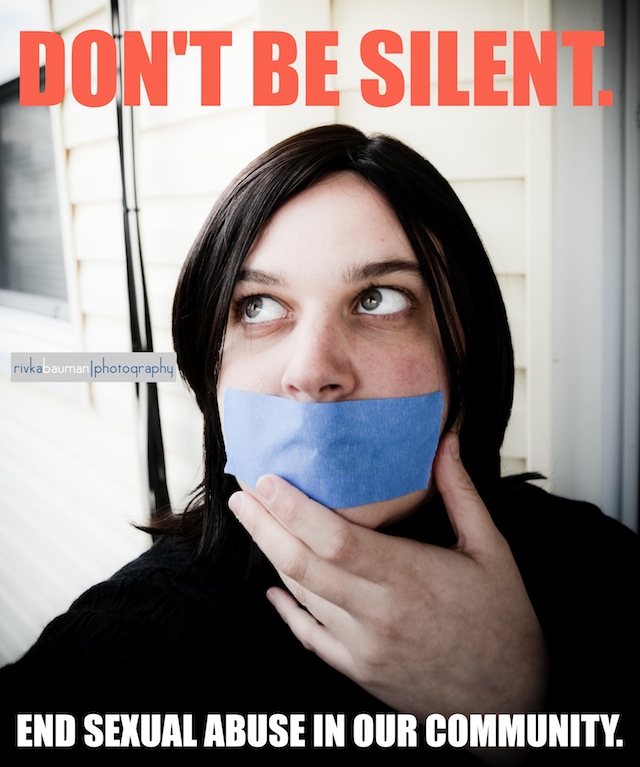
Photograph by Rivka Bauman Photography
Clarification: the person in this photo is not the author of this article.





